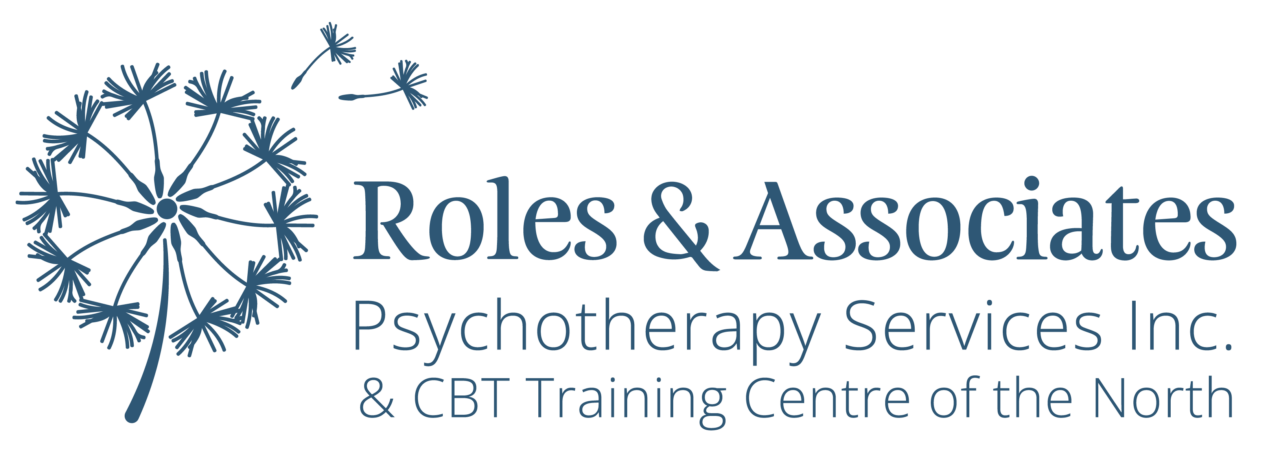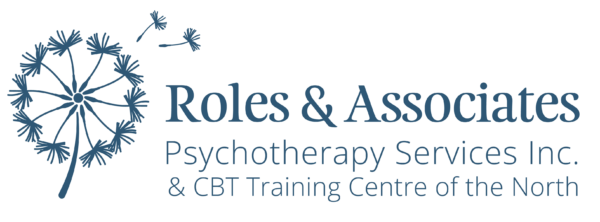What are Addictions?
Addiction is a disorder that can take many forms, as the human mind and body can feel the urge to reward itself in a variety of ways. The impact of addiction can affect an individual’s health, mood, work, personal relationships, and entire social system. Addiction does not discriminate and can impact people of all ages, from all walks of life, and in a multitude of ways.
Initially, addiction may arise as a coping mechanism or way to self-soothe in response to pain or trauma. With several influences and triggers at the helm, getting to the root cause of how and when an addiction begins/began is essential to getting the disorder under control. While an individual may be able to stop themselves from partaking in an undesirable behaviour, not identifying and taking care of the root cause makes them more susceptible to engaging in that habit again or falling into other destructive behaviours to fulfill the urge.
The behaviour or substance one uses to soothe pain often begins as a helpful remedy. It is when a person continues to use or behave in a certain way to gain that same desired response that they begin to lose control over their ability to stop and lose sight of the way it is affecting their life and relationships.
We work with individuals from a trauma-informed perspective to help them develop manageable goals and build an appropriate support system in a safe space. We also assist clients with building and utilizing a toolkit of coping strategies which focus on each individual’s unique goals.
An individual may have a substance addiction (alcohol, illicit or prescription drugs, etc.), or a behavioural addiction (distorted eating/eating disorders, social media, sex and pornography, gambling, video games, etc.), or both.
- Substance addictions include alcohol.
- Drug addictions include both illicit and prescription medications.
- Behavioural addictions may not start as an addiction but can result in one. Some examples of behavioural addictions include food addiction, eating disorders, social media addiction, sex and pornography addiction, as well as gambling and video game addiction.
It is important to understand that addictions are unique to each individual. They can present themselves with different motivators, triggers, symptoms, appearances, internal and external effects, and results. This is why individualized care is essential with each case.
There are 5 main stages of change that relate to recovery (Prochaska and DiClemente,1983). It is common for individuals to go back and forth between stages while there are appropriate interventions and options in each stage. They are as follows:
- Pre-contemplation
- Contemplation
- Preparation
- Action and maintenance
During these stages of recovery, the person experiencing the addiction is treated with kindness and compassion, as an essential part of this work is to help the individual to reduce the feelings of shame associated with their behaviours. Relapses or slips are a normal and expected part of addiction recovery, and our team aims to help individuals learn to differentiate between the two. Each slip and relapse provides a learning experience, and offers the individual who is struggling a better understanding of the steps and stages required to make positive changes. We offer a strengths-based approach and draw from evidence-based treatments to help our clients through the process.
Developing a support team can be vital to a successful recovery and can include medical interventions, peer support, social supports/groups, and/or different holistic wellness strategies. We will assist you in reaching your goals and developing the appropriate support system for you. Addiction recovery is absolutely possible with the appropriate interventions and the development of a solid support network. We understand that change is hard and relapses in addiction are part of the process. Our team is committed to supporting you during each step of the journey.
Developing a support team can be vital to a successful recovery and you may choose to include medical interventions, psychotherapy services, peer support, and/or different holistic wellness strategies into your recovery plan. We will assist you in being successful and having the right support. Addiction recovery is absolutely possible with the appropriate interventions and the development of a solid support network. We understand that change is hard and relapses in addiction are part of the process. Our team is committed to supporting you at each step of the journey.

Approaches to Therapy Treating Addictions
We treat those experiencing a variety of addictions, using cognitive behavioural therapy (CBT) and compassion focused therapy (CFT). We also provide therapy for the support systems of these individuals. If there are physical or safety concerns regarding your recovery that require medical care, for instance needing a supervised detox to get your body to a healthy state, we can help to make referrals to withdrawal management and/or detox services to ensure you are carefully monitored, either prior to or in tandem with therapy.
Cognitive behavioural therapy (CBT) is a goal-oriented type of therapy that teaches the client how to first recognize and then change unhealthy ways of thinking and behaving. With the use of in-session practice and homework of skills to work on between sessions, this treatment is tailored to fit the client's goals and is a highly evidence-based collaborative psychotherapy.
Compassion focused therapy (CFT) is a type of psychotherapy that encourages individuals to be compassionate toward others as well as themselves. This type of therapy is primarily used for clients that struggle with self-criticism and self-contempt. CFT often includes exercises to practice mindfulness and appreciation. Sessions focus on examining the ways we talk to ourselves, where we might have first developed the particular tone and word choices used, and how we can make changes to how we speak to ourselves to increase self-compassion and appreciation.
It is the nature of the mind to be made up of subpersonalities or parts. Subpersonalities are aspects of our personality that interact internally, similar to the ways in which people interact. These sub-personalities can consist of wounded parts and painful emotions such as anger and shame. Underlying the parts is a person’s core or true Self. The Self can and should lead the individual's internal system.
Internal Family Systems (IFS) therapy helps individuals achieve balance and harmony within their internal system and subpersonalities/parts.
Using IFS, the clinician will support individuals in developing their Self so it can be an effective leader in their internal system. When the Self is in the lead, the parts will provide input to the Self and help to elevate “wounds” so that individuals can find their natural balance. IFS is suitable for individuals, couples, and families, and it can effectively treat a variety of conditions such as depression, anxiety, panic, phobias, trauma, substance use, physical health conditions, and general well-being.
Psychodynamic psychotherapy is the oldest of the modern therapies and focuses on unconscious processes as they are manifested in the client's present behaviour.
The goals of psychodynamic therapy are client self-awareness and understanding of the influence of their past on their present behaviour. Brief psychodynamic psychotherapy enables the client to examine unresolved conflicts and symptoms that arise from past relationships and manifest themselves in their day to day life as current struggles.
Several different approaches to brief psychodynamic psychotherapy have evolved from psychoanalytic theory and have been used to treat many different mental health presentations.
Contact Form
To request an appointment, please fill out your information using our secure form below and we will be in touch shortly. For more information, please contact us by phone or email: 705-929-1612 ext.6, [email protected].

